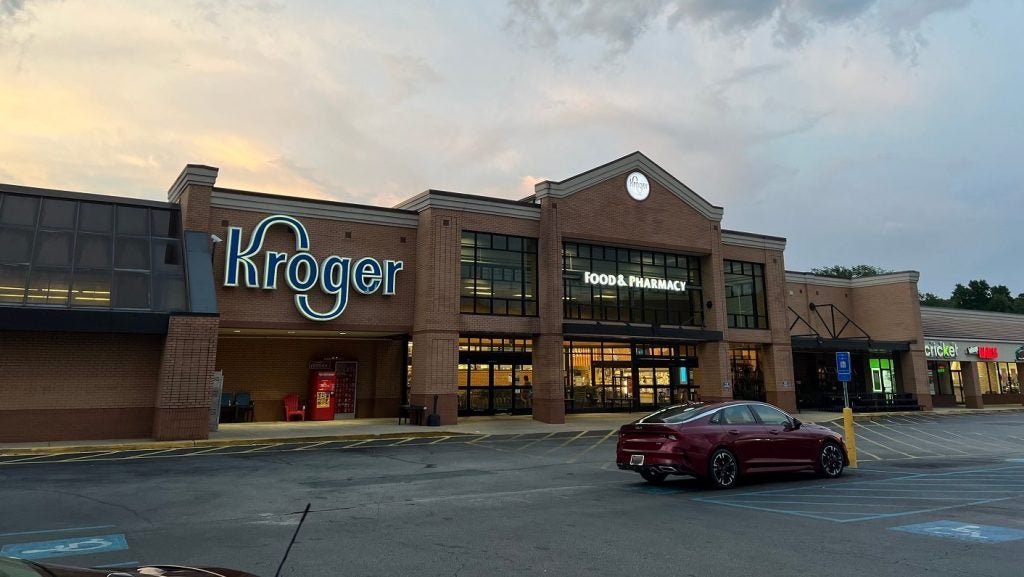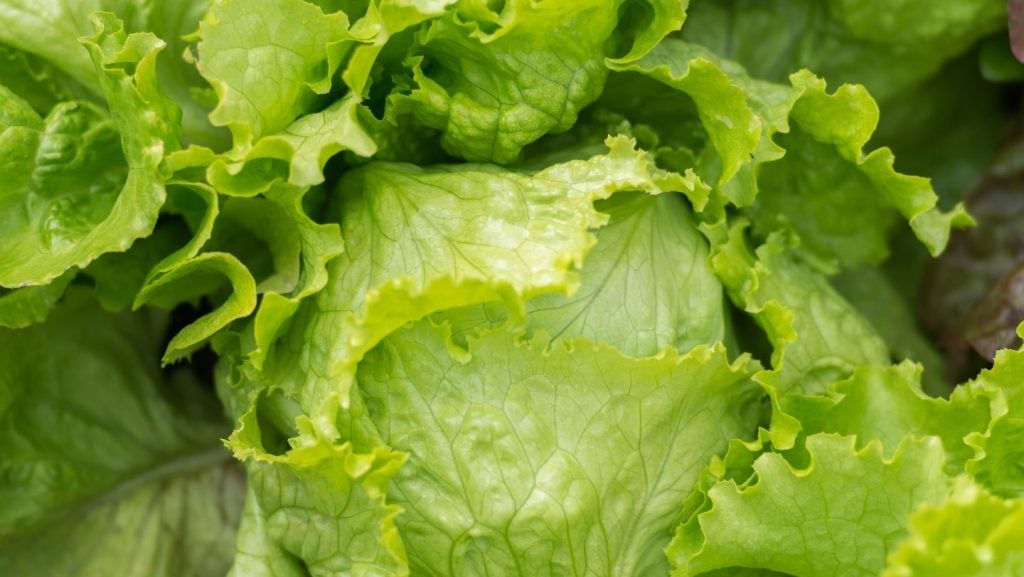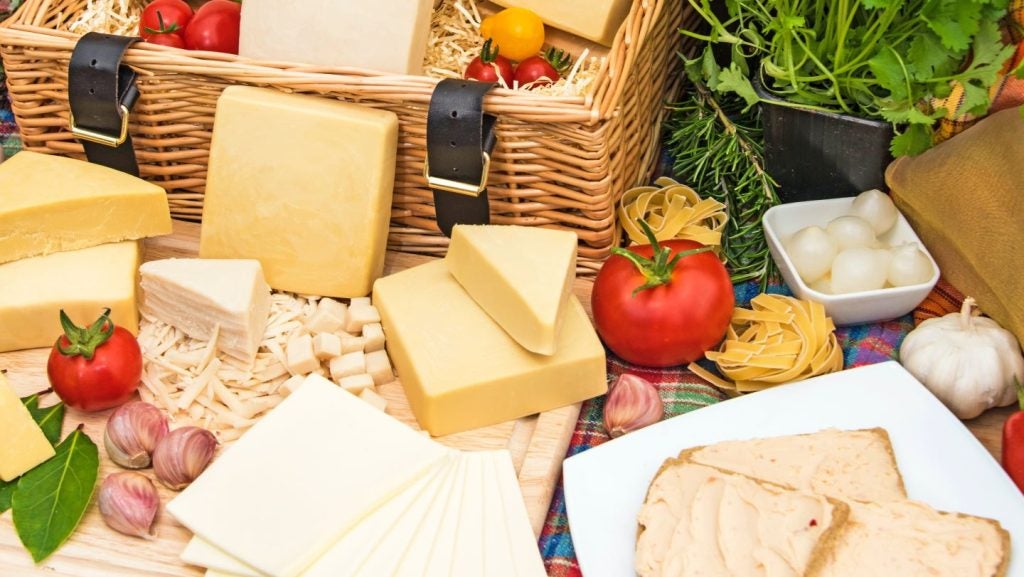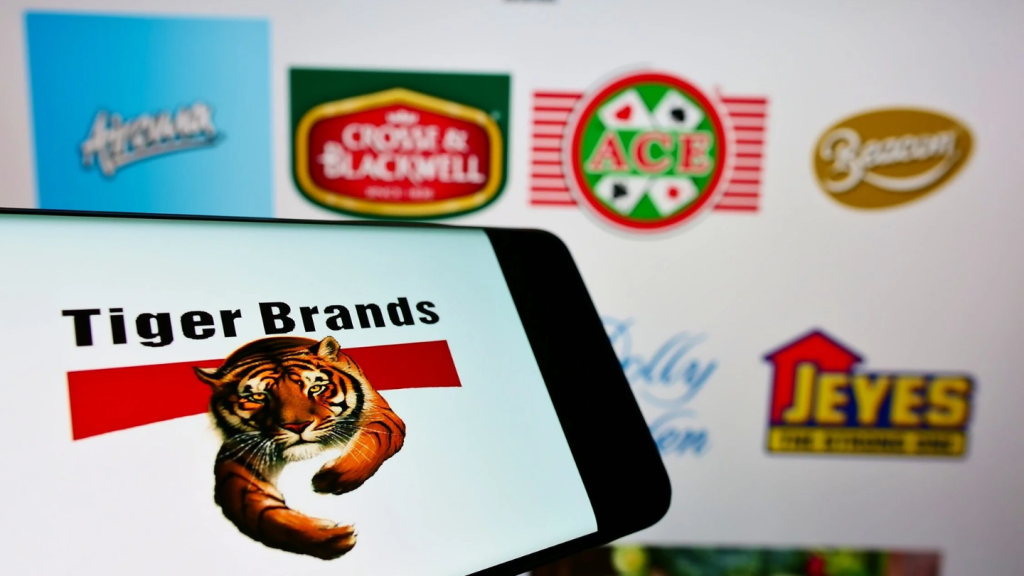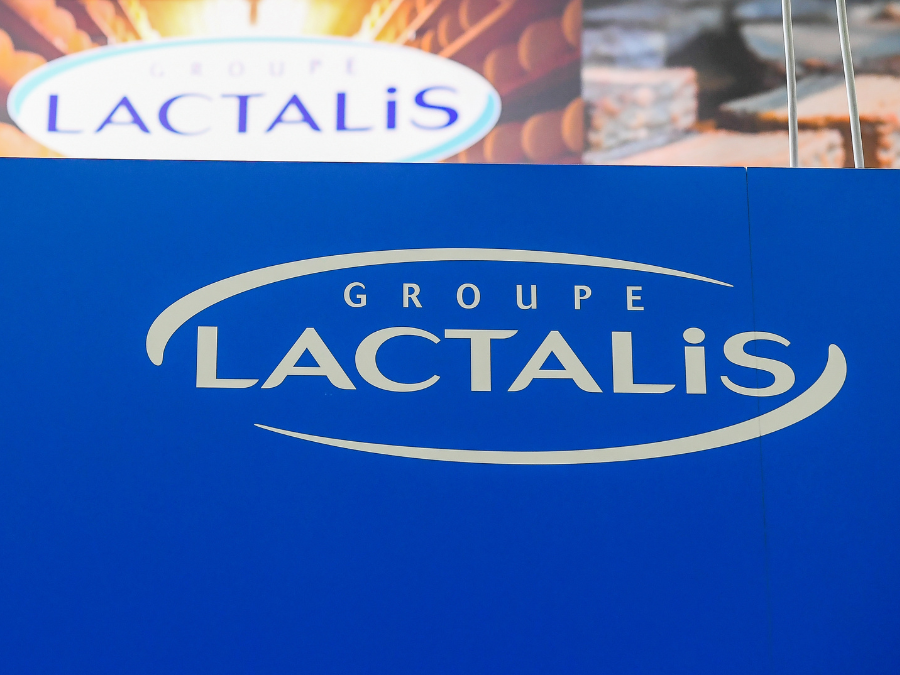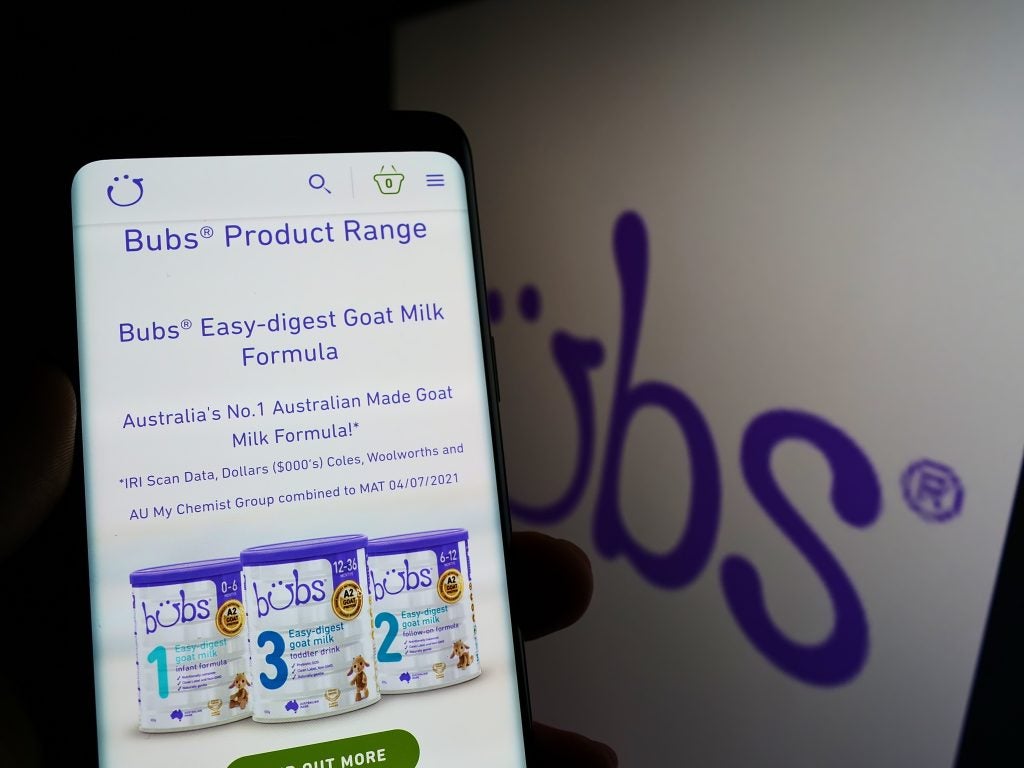US competition officials at the Federal Trade Commission (FTC) have moved to block the merger between Kroger and Albertsons, two of the country’s largest retailers.
The FTC and a group of US Attorneys General have launched a legal bid to stop the deal, first announced in October 2022 and subsequently reshaped to try to gain regulatory clearance.
In a statement, the FTC argued the transaction would be to the detriment of the retailers’ staff and customers. The combined retailer would have “more leverage to impose sub-par terms” on employees, the regulator asserted. Consumers would face higher grocery prices and the enlarged retailer would have less “incentive to compete on quality”, the regulator suggested.
The deal, constructed as an acquisition of Albertsons, was set to make Kroger the second-largest food retailer in the US behind Walmart.
Henry Liu, director of the FTC’s bureau of competition, said: “This supermarket mega-merger comes as American consumers have seen the cost of groceries rise steadily over the past few years. Kroger’s acquisition of Albertsons would lead to additional grocery price hikes for everyday goods, further exacerbating the financial strain consumers across the country face today. Essential grocery store workers would also suffer under this deal, facing the threat of their wages dwindling, benefits diminishing, and their working conditions deteriorating.”
In September last year, the two retailers set out a plan to sell more than 400 stores to C&S Wholesale Grocers to secure regulatory approval for the transaction.
The FTC said today the proposal was “inadequate” and amounted to “a hodgepodge of unconnected stores, banners, brands, and other assets that Kroger’s antitrust lawyers have cobbled together”. The planned disposals “fall far short of mitigating the lost competition between Kroger and Albertsons”.
[Link src="https://www.just-food.com/comment/why-the-kroger-albertsons-cs-deal-is-unlikely-to-win-over-the-ftc/" title="Column, September 2023: Why the Kroger-Albertsons-C&S deal is unlikely to win over the FTC" font-size="20px"]Just Food approached Kroger and Albertsons to comment on the FTC’s move.
A Kroger spokesperson said: “Contrary to the FTC’s statements, blocking Kroger’s merger with Albertsons Companies will actually harm the very people the FTC purports to serve: America’s consumers and workers.
“The FTC’s decision makes it more likely that America’s consumers will see higher food prices and fewer grocery stores at a time when communities across the country are already facing high inflation and food deserts. In fact, this decision only strengthens larger, non-unionised retailers like Walmart, Costco and Amazon by allowing them to further increase their overwhelming and growing dominance of the grocery industry.”
The spokesperson said the combined company had committed to investing $500m to lower prices, another $1.3bn to “improve” Albertsons’ stores and a further $1bn to “raise wages and comprehensive benefits”.
In a statement, Albertsons also defended the proposed transaction. “Albertsons Cos. merging with Kroger will expand competition, lower prices, increase associate wages, protect union jobs, and enhance customers’ shopping experience," the retailer said.
“If the Federal Trade Commission is successful in blocking this merger, it would be hurting customers and helping strengthen larger, multi-channel retailers such as Amazon, Walmart and Costco – the very companies the FTC claims to be reining in – by allowing them to continue increasing their growing dominance of the grocery industry. We are disappointed that the FTC continues to use the same outdated view of the US grocery industry it used 20 years ago and we look forward to presenting our arguments in court.”
Attorneys General from eight US states, as well as the District of Columbia, have joined the FTC’s federal lawsuit.
Last month, Washington state’s Attorney General Bob Ferguson filed a lawsuit to block the merger. He described the merger as “bad for Washington shoppers and workers”.
The retailers have more than 700,000 employees in nearly 5,000 stores across 49 states. They have combined annual revenue in excess of $200bn.
In a statement, the United Food and Commercial Workers International Union (UFCW) said it “applauded” the FTC’s move.
It added: “This is a step in the right direction for building a better food system in this country. Now we need to do all we can to help defend this decision and to turn the discussion towards building a better system that is more accountable to workers, shoppers, and the community.”
Neil Saunders, managing director and retail analyst for GlobalData, Just Food’s parent, argued the FTC had adopted “a very theoretical and ideological position that centres around its general ‘big is bad’ thesis”.
Pointing to Walmart, Saunders suggested the regulator’s belief that prices would rise in the wake of the merger was “not based on solid evidence”.
Saunders said: “This perspective is largely false as current market dynamics show. Walmart, which is the largest food retailer in the US, is extremely focused on price and acts as a general check on pricing. It is joined in this task by others including the dollar stores, discount chains like Aldi, and a range of regional banners. Amazon, too, which is growing its share via selling things like household essentials and grocery staples online, is another safety valve in the grocery system. With this degree of competition, a merged Kroger and Albertsons poses few threats.”
He conceded competition in “some local markets” could be affected but said store disposals could be a remedy. “From a broader national perspective, a combined Kroger and Albertsons does not pose any major threat to the competitive dynamics of the market. Indeed, it can be argued that scale is necessary to deliver the very low prices and investments that consumers demand. Grocery is a very low-margin business where volume prerequisite for delivering what the market wants,” Saunders said.


